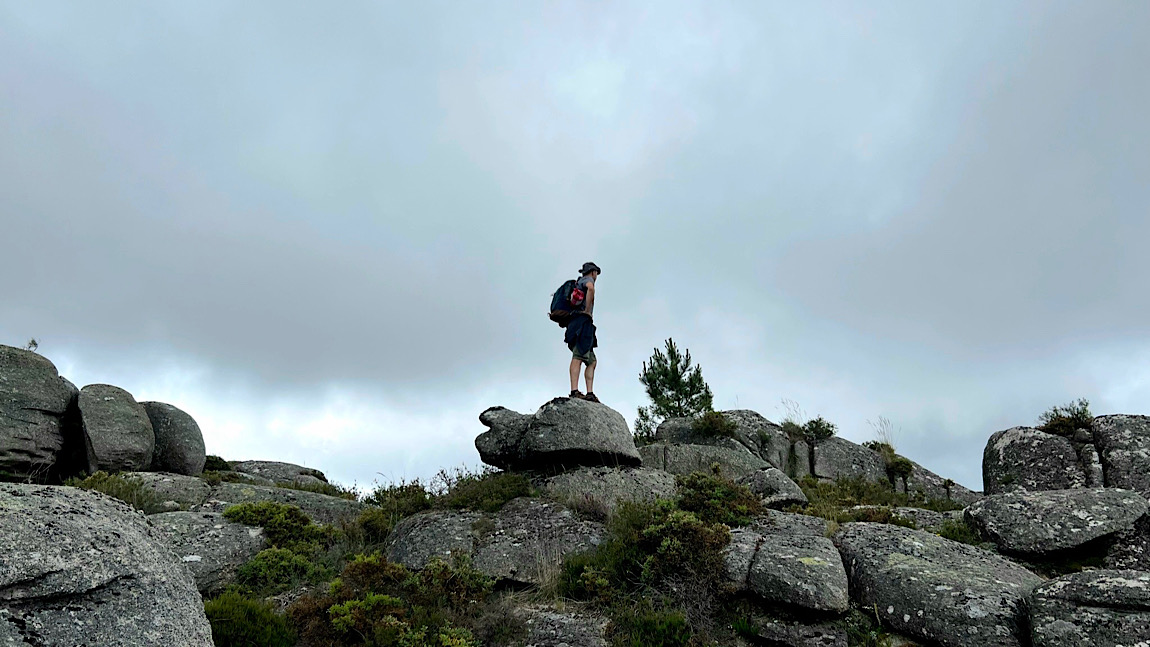The Minho River, a cross-border river that rises in the Meira mountain range in Galicia and establishes the border between Portugal and Spain from Melgaço to Caminha. An inspiring river, steeped in culture and history, where we find those ancestral relics that are the fishing grounds, in the upper part of the river-border, in Melgaço and Monção (and on the opposite bank).
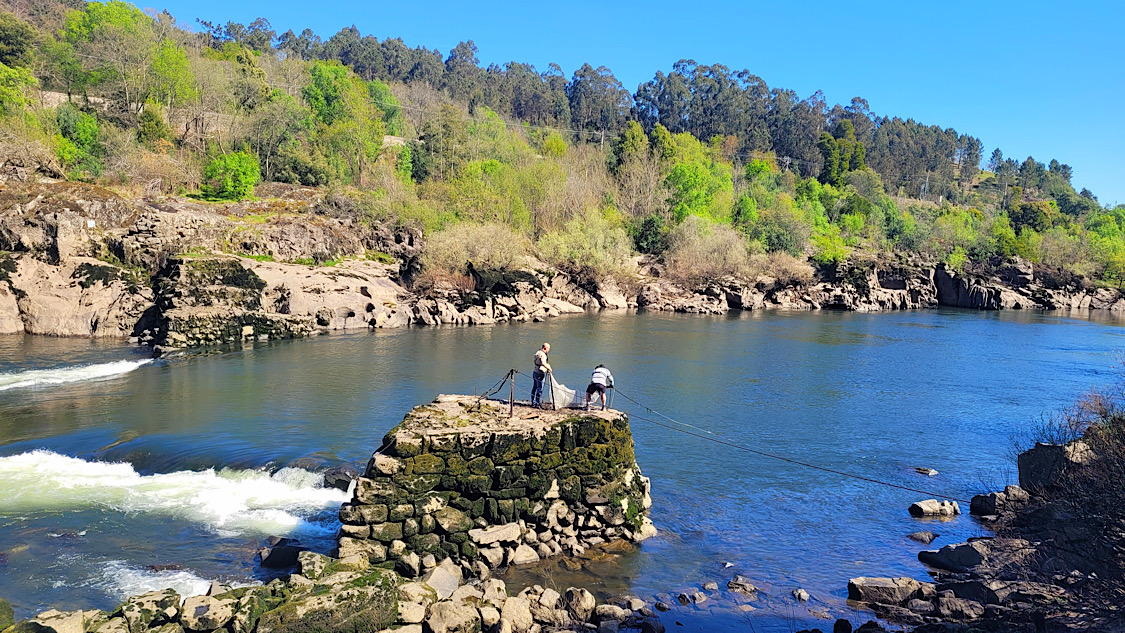
Fishing ponds are ingenious stone constructions that date back to ancient times and have changed very little since then, without ever losing their usefulness or effectiveness. We find them in greater numbers where the river is wilder and more rugged, where the shad stand out, the salmon jump in search of spawning grounds and the lamprey glide across the stony bottoms. The lamprey, a fish of the cyclostome species (with a circular mouth and no jaws), from the dawn of the animal kingdom, endowed with a very characteristic morphology, which is born in the river and develops in the sea, is today one of the most coveted fish in the river. And perhaps it has always been so.
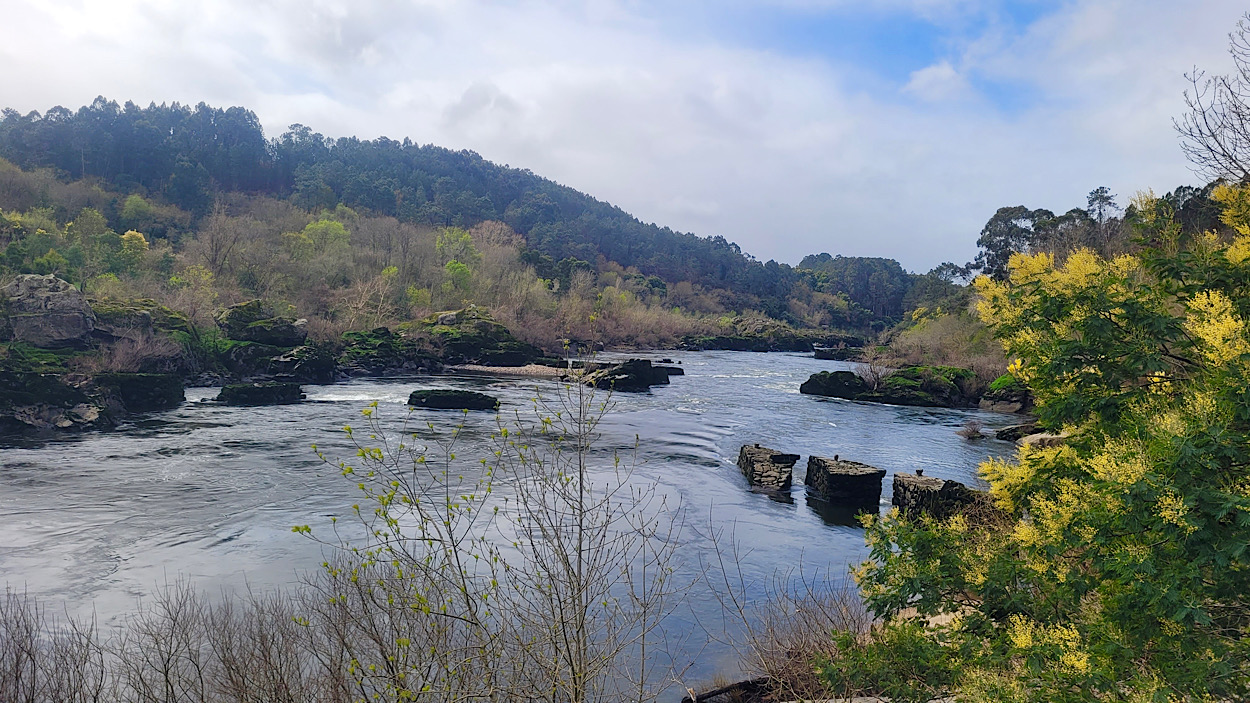
When we look at the fishing grounds, we are observing an extraordinary document whose first structures must have absorbed influences from the Phoenicians, Greeks and Carthaginians, from the peoples of the Mediterranean. And they served, with consequent improvements and enhancements, the inhabitants of the important Castro period (mid 5th century BC / 2nd century AD), the Romans and those who succeeded them. As for the Romans, they were interested in these parts for various reasons, starting with the tin deposits in the north-west of the peninsula. And lamprey, it seems, was a particularly popular delicacy at Roman banquets.
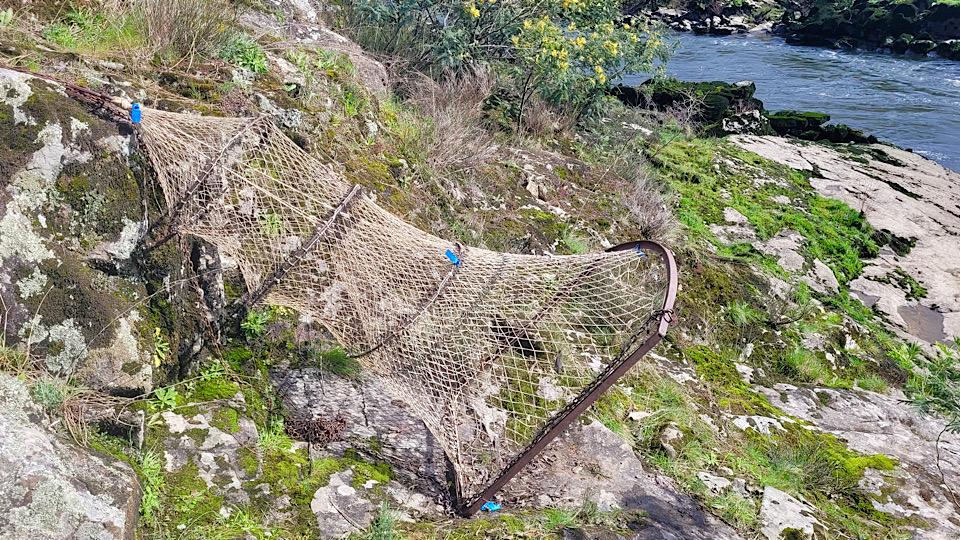
To summarise, the fishing grounds of the River Minho are well worth discovering via the guided and interpretive route, because enable a marvellous journey through the centuries. And the ideal way to discover them is in the company of the fishermen, listening to their stories and watching them haul in the catch. They certainly know how to prepare fish like no-one else, often in the simplest way imaginable.
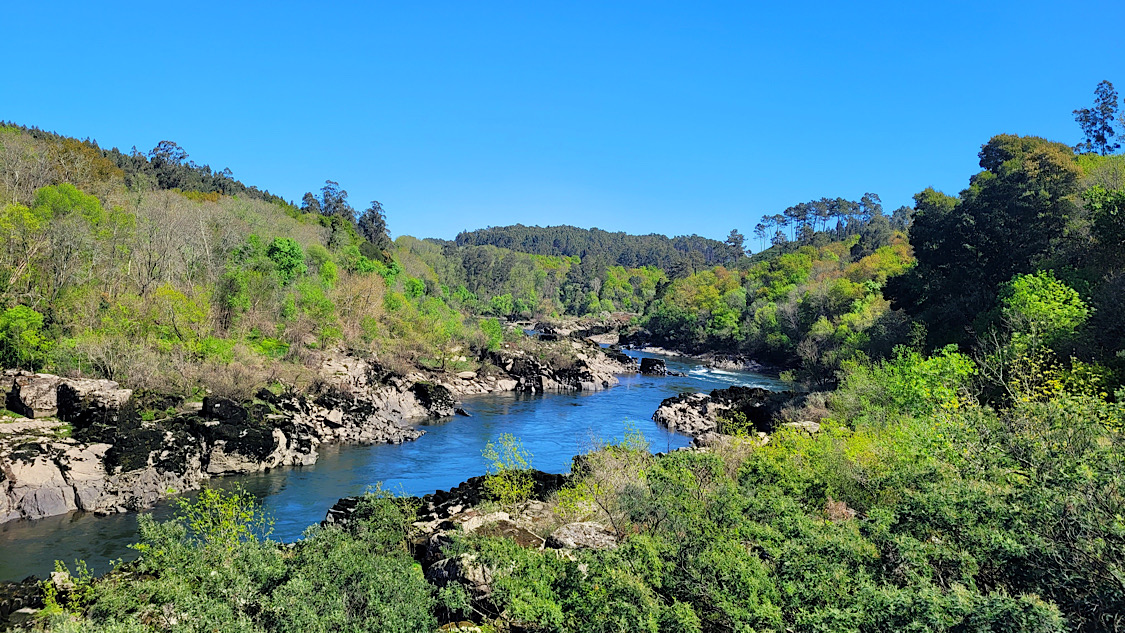
Further information : "The fishing grounds of the River Minho - Economy, Society and Heritage", Antero Leite

